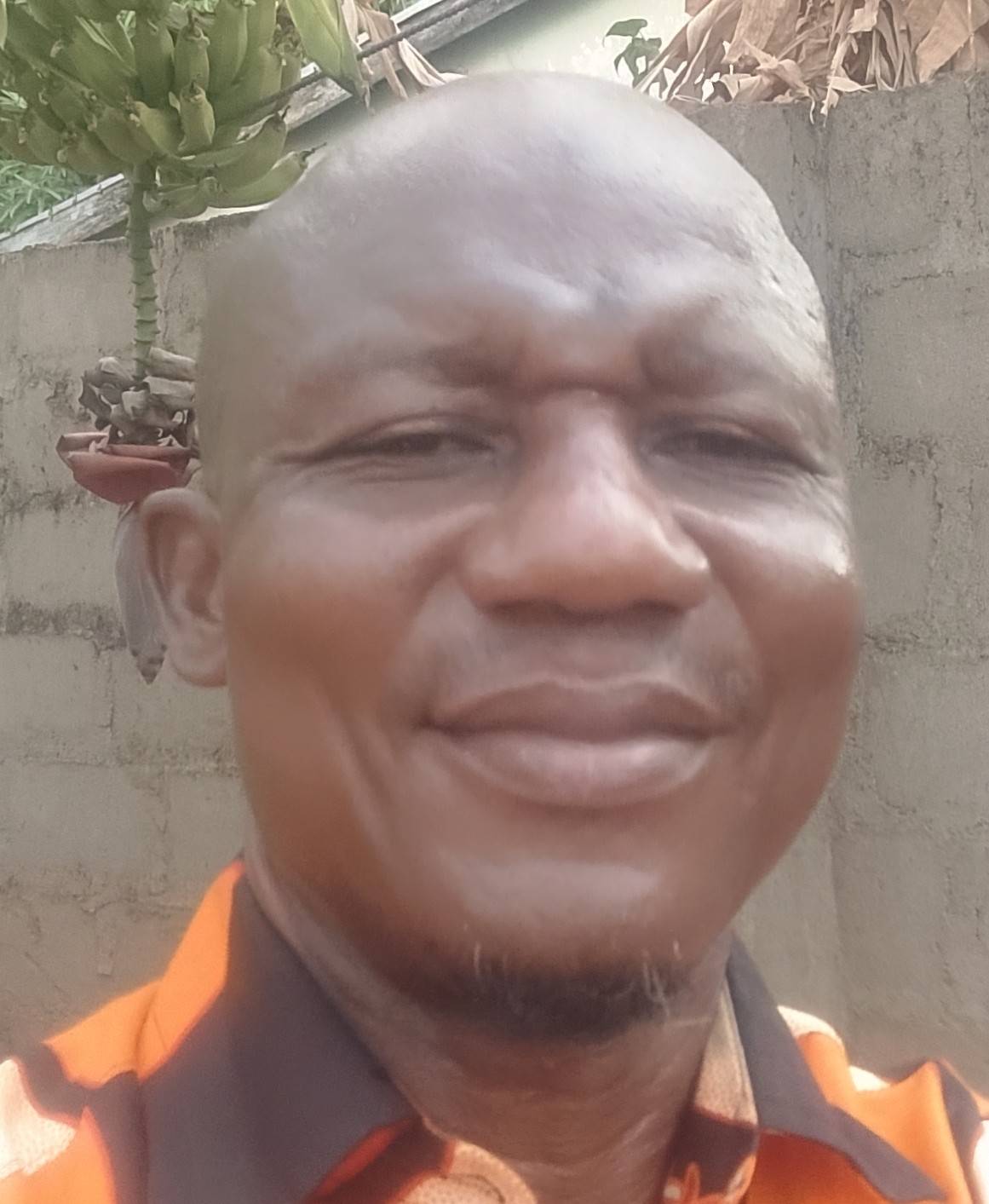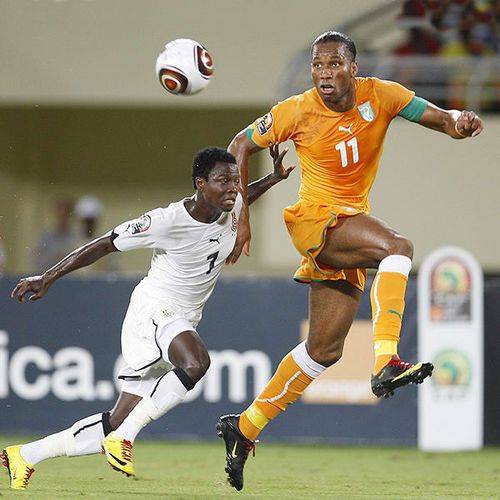How I Helped Halt a Civil War – Didier Drogba's Profound Impact Outside Football
Didier Drogba is best known around the world for his legendary football career, especially his time at Chelsea FC where he reached club legend status. For most Ivorians, though, Drogba's finest achievement is not on the pitch—it's the role he played in bringing an end to a horrific civil war in his home country of Côte d'Ivoire.
Côte d'Ivoire in the early 2000s was torn apart by civil conflict and division. A country that had been considered one of the most stable in West Africa imploded into chaos in 2002, as a bungled coup devolved into a de facto civil war. The conflict divided the country between the rebel north and the government-controlled south. Ethnic, political, and regional grievances were all running high, and the conflict claimed thousands of lives and displaced countless more. Despite this unrest, football was among the very few things capable of bringing Ivorians together.
Drogba and the Ivorian national football team were in a unique position. In October 2005, the team had qualified for the FIFA World Cup for the first time in history after they beat Sudan 3-1. The country erupted in celebrations—both sides of the divide celebrated together. Sensing the reconciliatory possibilities of the moment, Drogba made a dramatic gesture.
Immediately after the match, still in the locker room with the other players, Drogba made an emotional plea directly to the Ivorian people. With the television cameras capturing the moment, he dropped to his knees and addressed the nation, saying:
Men and women of Côte d'Ivoire, northerners, southerners, centrists and westerners, today we demonstrated that all Ivorians can play and live together with a single goal: to qualify for the World Cup. We said that the celebration would unite the people—today we beg you, please lay down your arms. There cannot be an Ivorian who will be able to enjoy this celebration while his brothers are dying. Forgive, forgive, forgive.
His emotional appeal touched millions. It was a moment of vulnerability, of honesty, and of immense power. Coming from a national hero, the message resonated across political and ethnic lines.
Drogba did not rest. A year later, in 2007, he took another symbolic step. He persuaded the national team and Ivorian football authorities to move a huge international match to Bouaké—a city in the heart of rebel-held territory. It was a gamble. Bouaké was a stronghold of the opposition, and there were concerns for the safety of the team. But it was worth it. The match, played in front of thousands of supporters from both sides, was peaceful and carnival-like. The image of Drogba scoring a goal and then kneeling in prayer in the stadium was powerful. It was a turning point.
Shortly after that match, there was a peace accord signed by the belligerents. Drogba was not a politician or a negotiator at the peace talks, yet his actions changed the mood of the nation. He gave people hope. He reminded Ivorians that they were all one country with a shared destiny and aspirations.
Drogba's actions are a testament to the power of sport to transcend conflict. He showed that leadership does not necessarily need titles or politics—sometimes it's a case of saying something at the right moment. His legacy now is not just as one of Africa's greatest footballers of all time, but as a unifying force, a man of peace, and a hero.
As Didier Drogba once said, "I just wanted to make people happy. And in doing that, maybe I helped save lives."
Indeed, he did.




No comments yet
Be the first to share your thoughts!